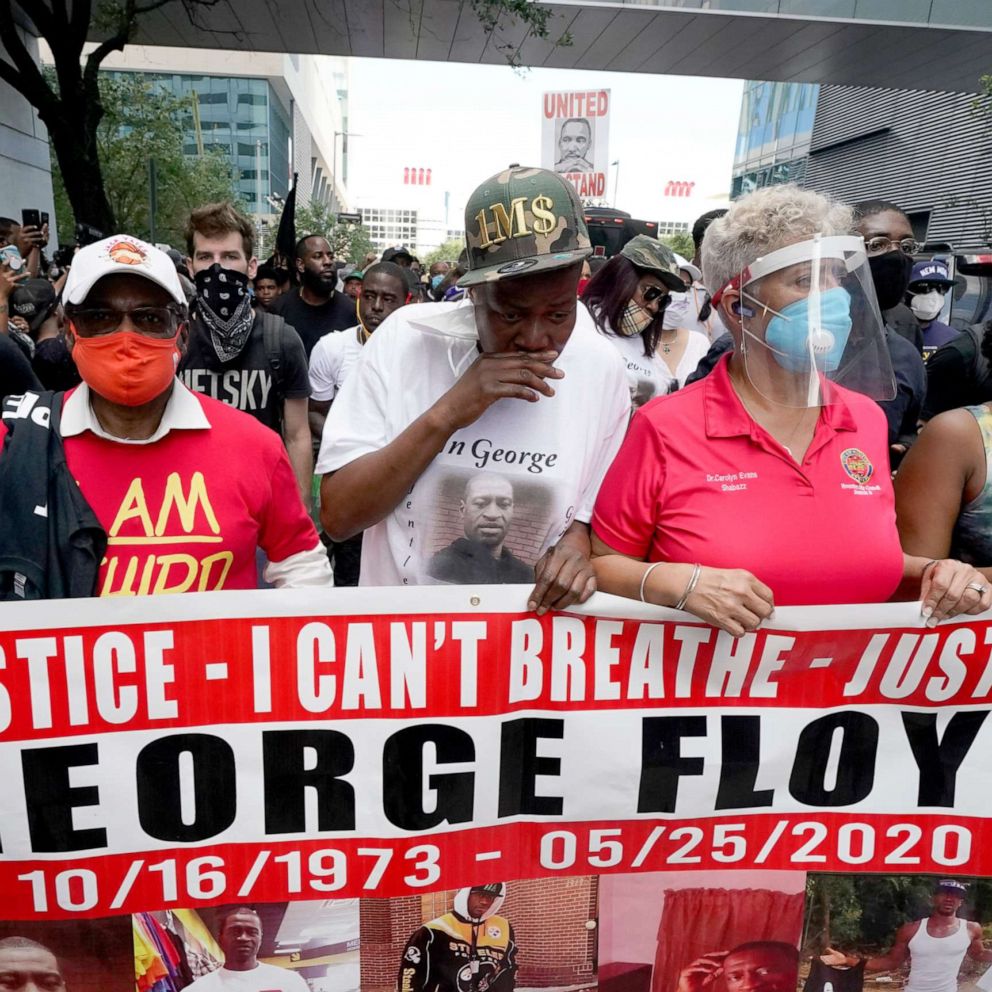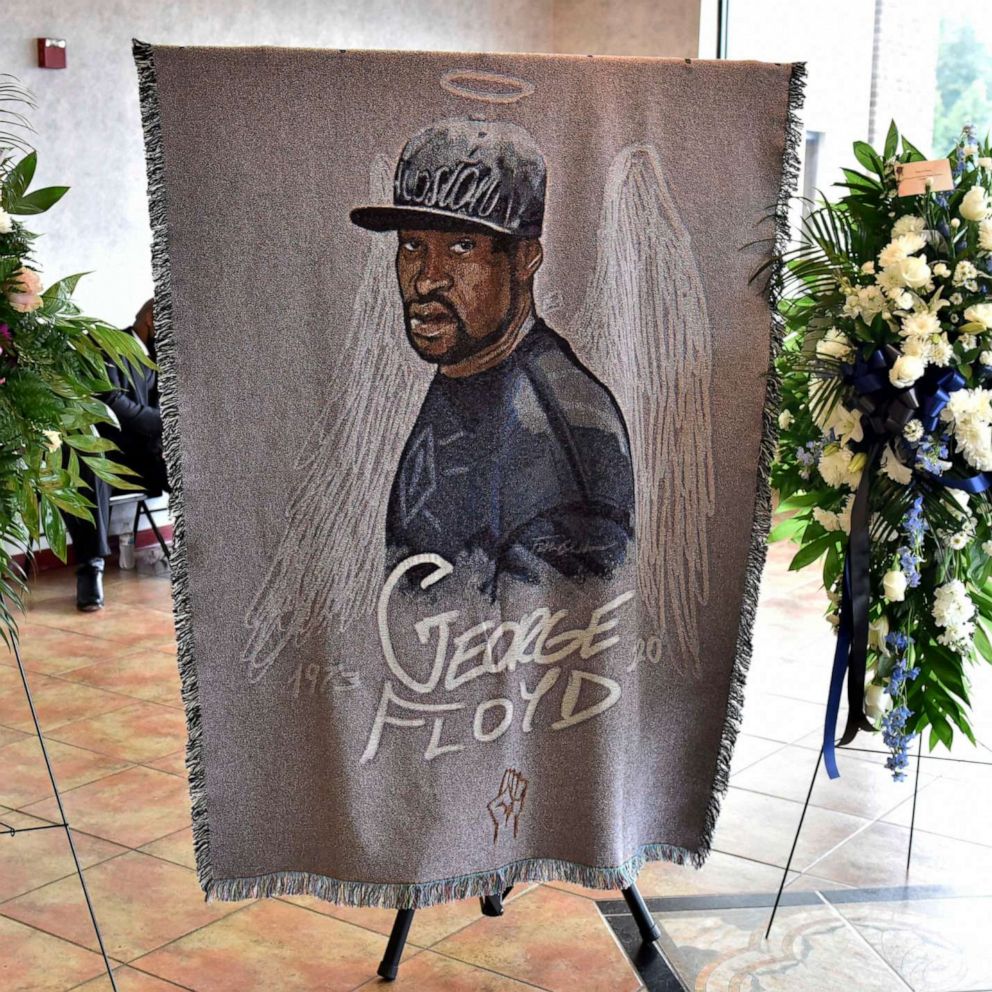Black Minneapolis pastor calls on white evangelicals to 'speak up' in wake of George Floyd's death
Seth Martin is starting conversations he does not see from the White House.
Pastor W. Seth Martin lives two blocks from where George Floyd died and has spent the 13 days since navigating his own raw emotions on a topic that hits close to home in more ways than one.
While leading his congregation in peaceful protests, he's also advising white leaders on how to respond in their own communities.
"I'm living in a tension between despair and hope," said Martin, who reflects daily on the learning of Floyd's death in police custody steps from where he lives with his wife and 9-month-old daughter.
"As a black man, I thought, 'Here we are again,'" Martin said. "As a pastor, I thought, 'How do we move forward?'"
Martin spent Friday morning on the phone with white pastors in Minneapolis, where he founded his own church last October, offering advice on leading predominantly white congregations through conversations on race.
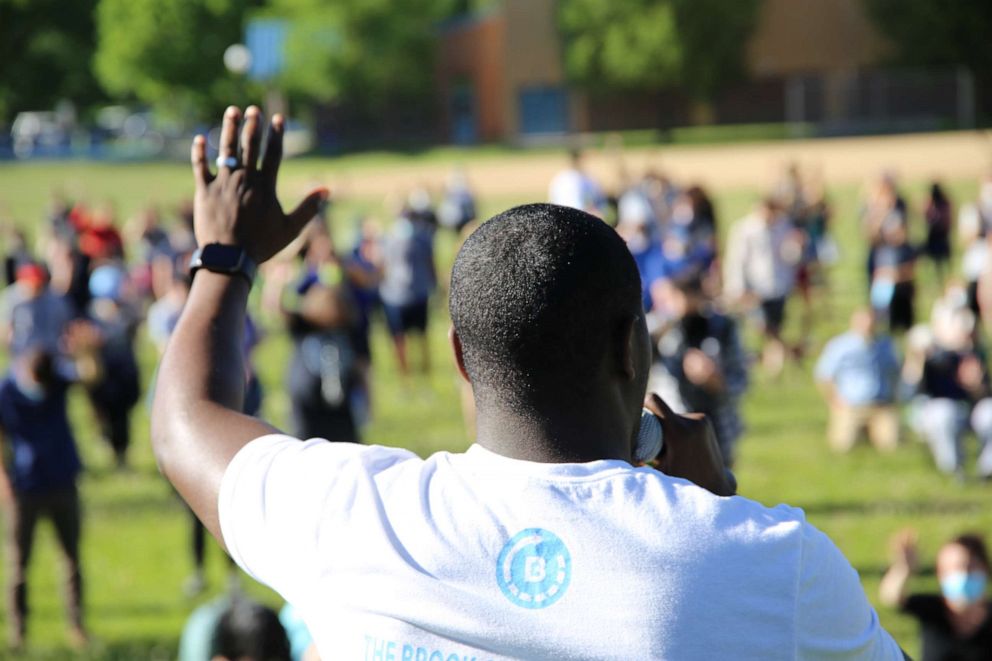
One phone call was interrupted by what Martin called "cheap" comments on television -- from President Donald Trump.
Martin, who said he makes it a point to keep up with the news, listened as the president, in an event at the White House Rose Garden, used Floyd's name in a way that left the Minneapolis pastor "offended and sad."
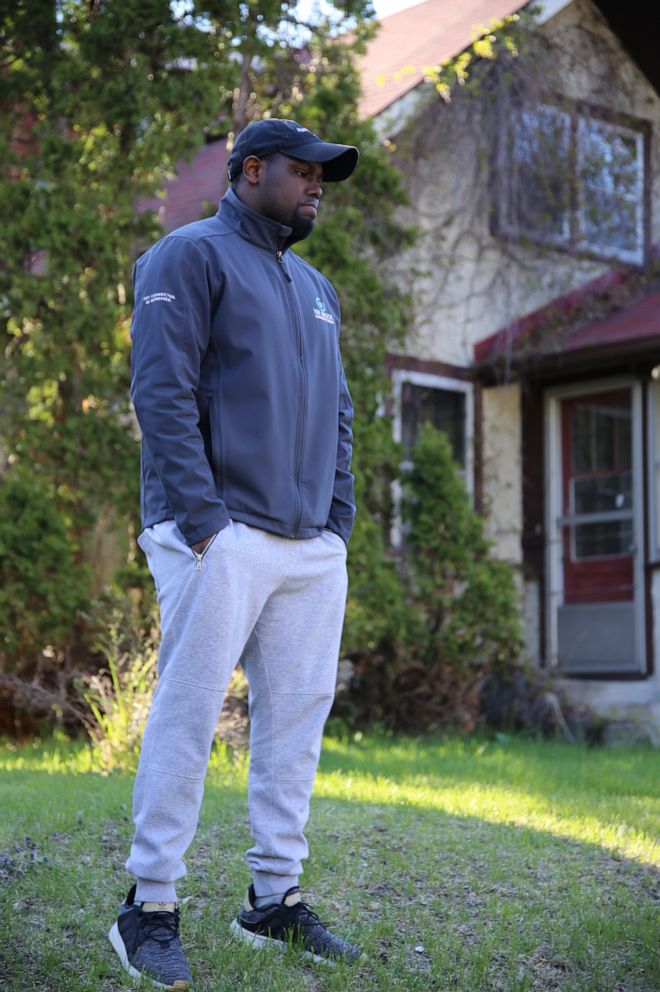
"Hopefully George is looking down right now and saying this is a great thing that's happening for our country," Trump said Friday. "This is a great day for him. It's a great day for everybody."
"If you had a good month in terms of job creation, you could let that stand for itself, but to invoke George Floyd in that moment for your politics, it's cheap and low," Martin said in response.
Coming on the heels of the president's photo op in front of St. John's Church Monday, Martin said he thought both events "grieve the heart of God."
"I'm mostly saddened because I think what it really does is turn so many people away from the message of Christianity," Martin said, echoing the voices of some church leaders before him in saying that President Trump used the bible, in that moment, "as a prop."
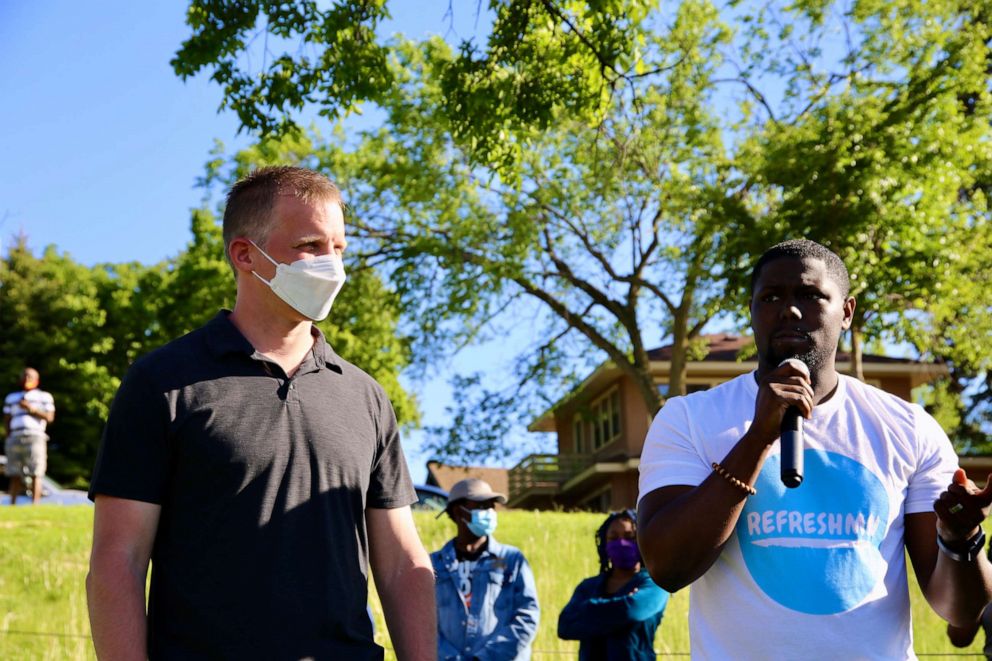
While Martin said he doesn't expect this president to make a statement on "Black Lives Matter," he does expect more from white Christian leaders, many of whom make up the president's base -- and he's asking them to do more.
Three-quarters of white evangelicals say they agree with Trump on "many," "nearly all" or "all" important issues facing the country, according to a March 2020 report from the Pew Research Center.
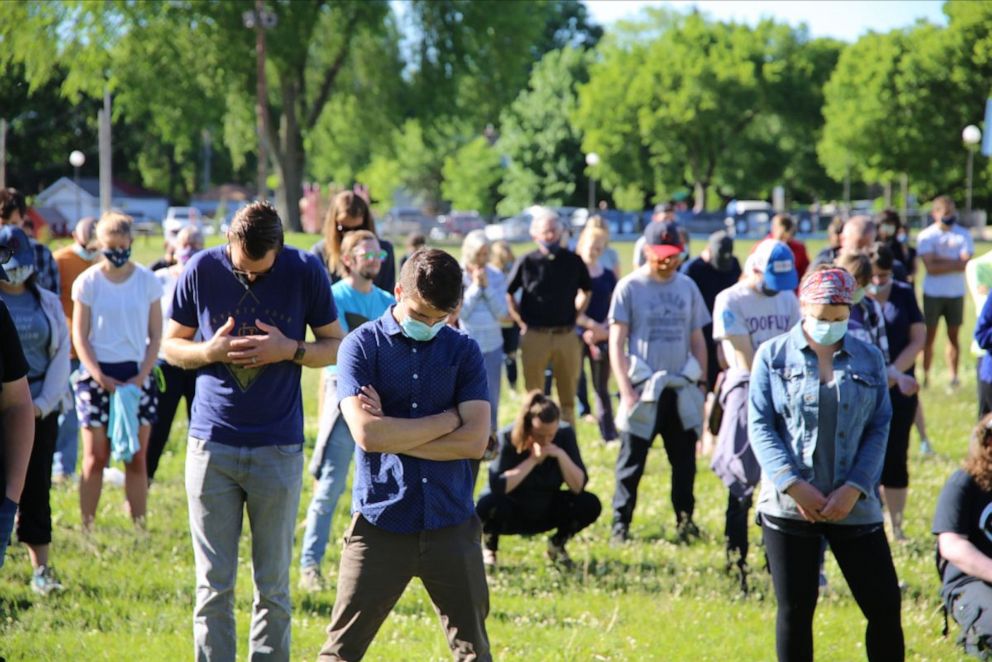
"It's time to remind them that being an advocate against systematic racism and injustice in this country is a gospel issue, and to not engage in it -- refusing to speak up -- is to actively deny what our faith calls us to do," Martin said.
Martin confessed he feels a "nervousness but a boldness" to call out white evangelical congregations failing to voice support for their black neighbors in, what Martin called, "this imperative moment in American history."
"It's radically important right now to challenge silent white evangelical voices and tell them, 'If you're not in this fight, you're really not living up to what the Bible would tell us to do,'" Martin said. "I'm not trying to condemn them but really appeal to them through our faith and moral responsibility."
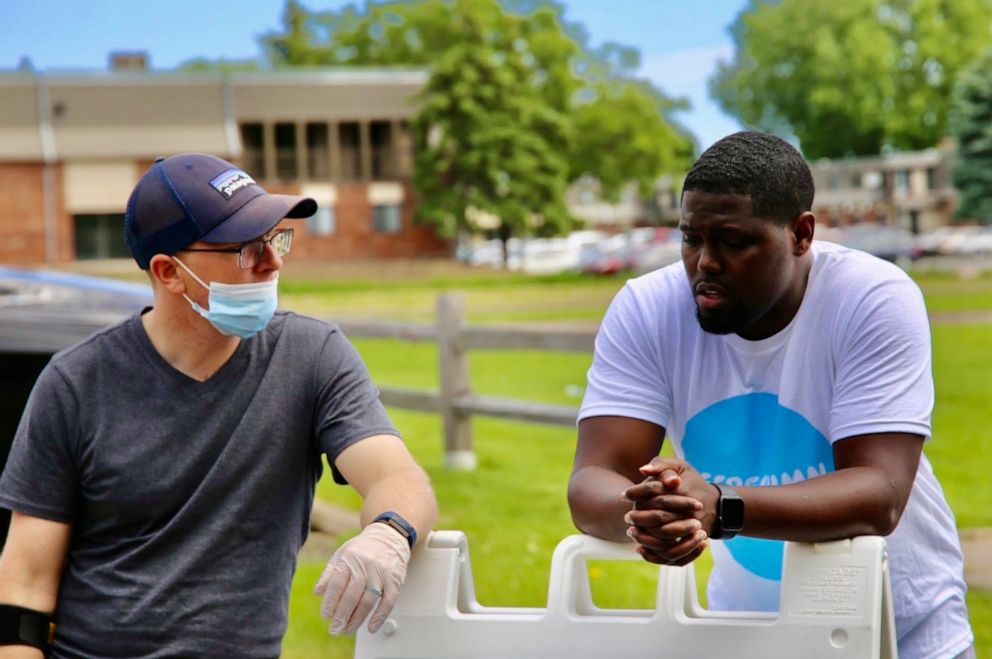
It's something his own congregation -- which Martin estimates is 53% black and 47% white -- is also coming to terms with.
Erica Spanjers, who's been a member of the Brook Community Church since Martin founded it last October, said its multiethnic makeup is one of several factors that attracted her to the group. She applauded Martin organizing a unity prayer event with white congregations last weekend -- something she admits she didn't see growing up.
"That's been really important because, growing up in the white church, I didn't see pastors from other churches who weren't white. I didn't get exposed to those differences," said Spanjers, who was born and raised in Minnesota. "It was me and my fellow white congregants. We had very similar beliefs, and we just passed them around."
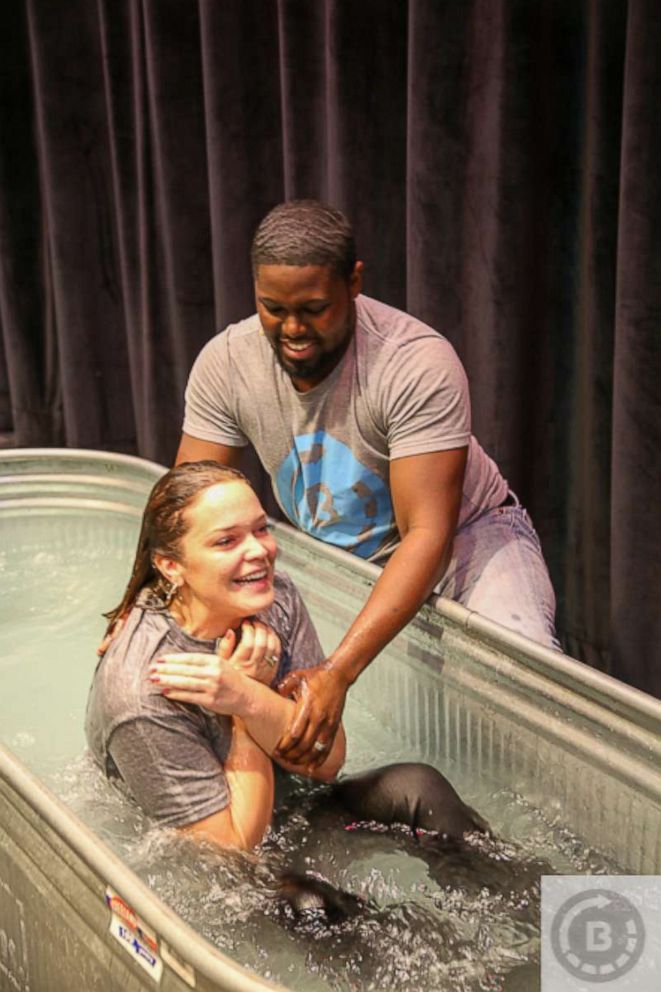
Martin helped organize an event in Phelps Parks last Saturday, a block south from where Floyd died, with a group of interdenominational pastors from churches across downtown Minneapolis. Practicing social distancing, participants prayed together and acknowledged their individual prejudices in a group setting.
"We had people that were walking by on their way to protest at the George Floyd memorial with their 'Black Lives Matter' and 'Justice for George Floyd' signs. Some stopped to listen or to share something themselves or just to throw up a fist," Spanjers said. "It's wonderful to feel the community coming together to take action."
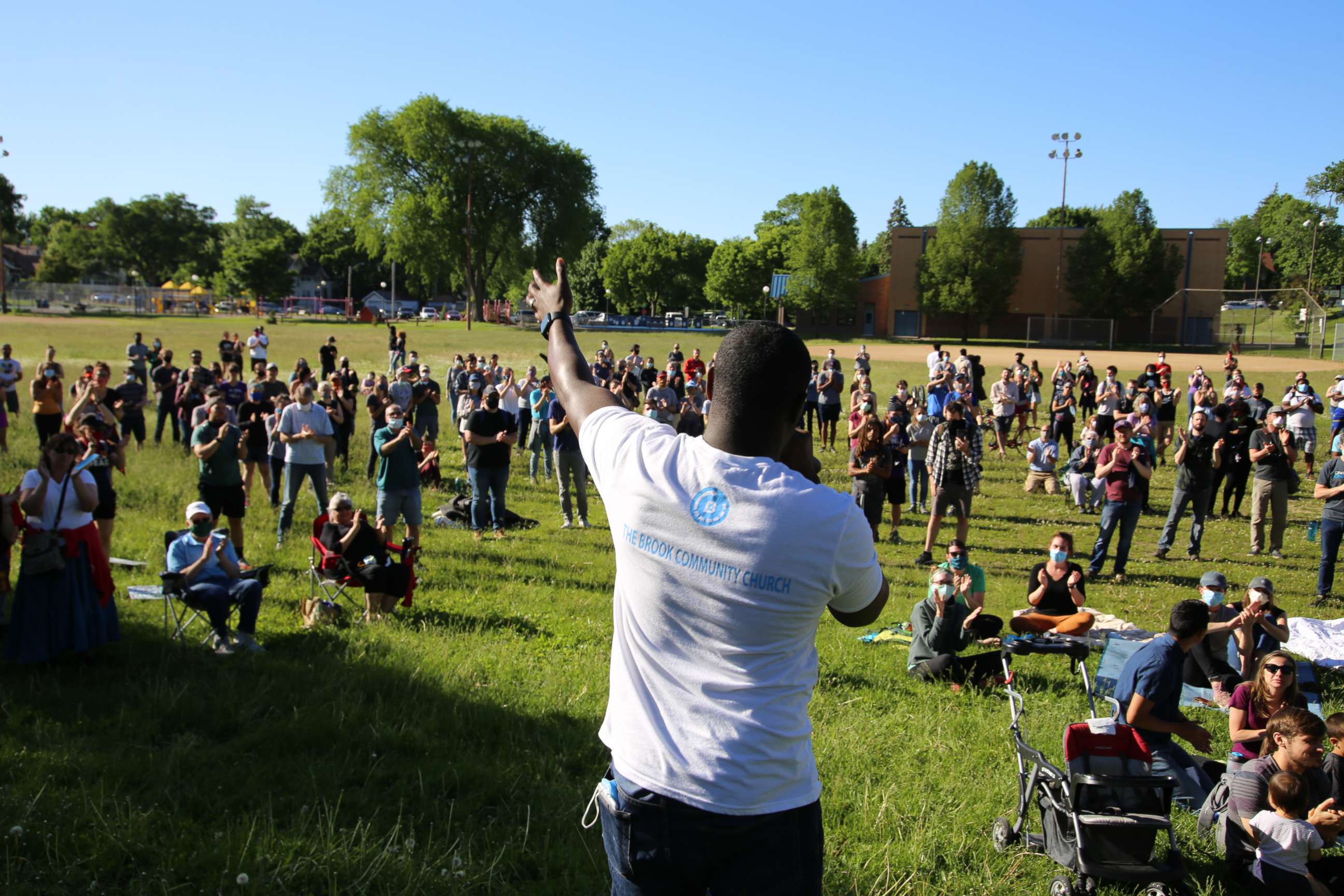
Pointing out that only 6.8% of Minnesota's population is black, according to the U.S. Census Bureau, Martin has made his next mission clear: "to mobilize and make more allies of white people in our state."
"When we say system, and that the system is the problem, we're really talking about people, because it's people that have built the system and that are holding the system," Martin added.
The 26-year-old from the Deep South is no stranger to conversations on race and police brutality.
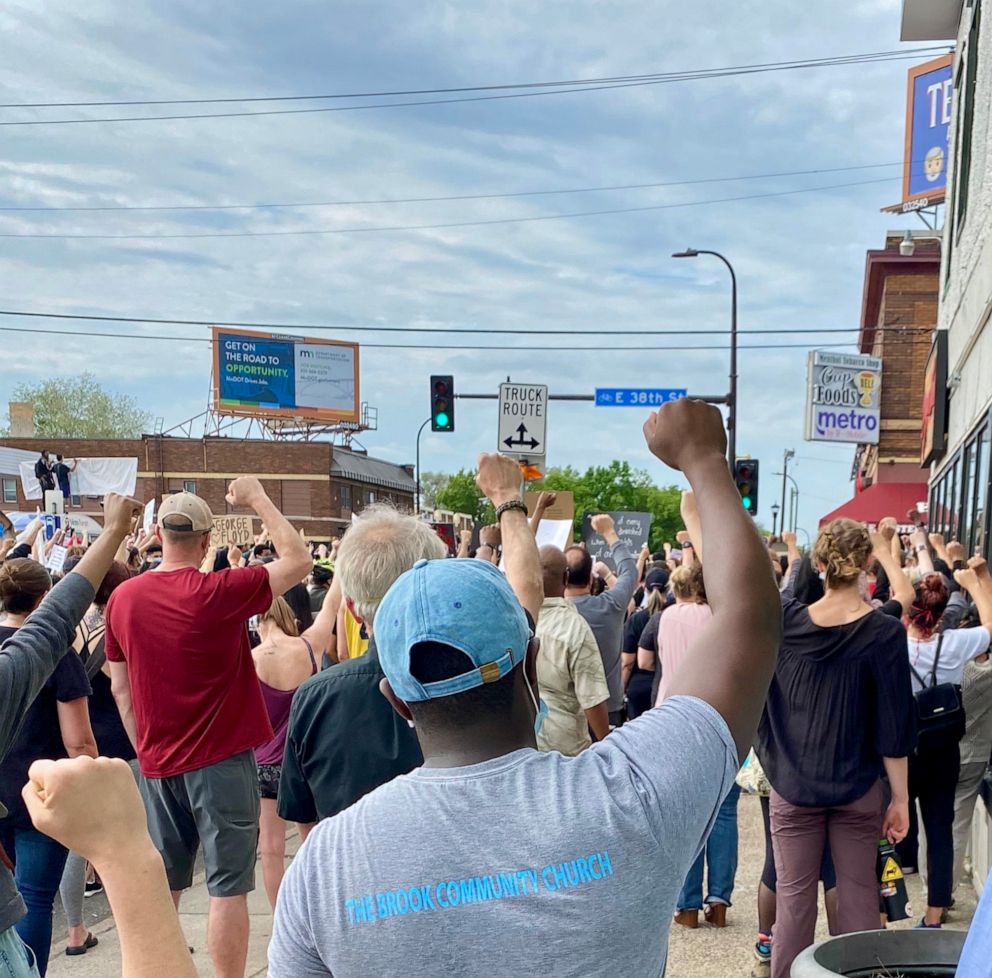
Growing up in a white neighborhood in Little Rock, Arkansas, but attending predominantly black public schools, Martin said his mother, a public affairs coordinator for the Little Rock Police Department, started conversations from a young age on "what it's like to be black in America."
Martin's mother set rules for him and his older brother, like not to wear durags outside of the house and to always carry a stack of their mom's business cards, with the police department seal, in their cars.
"It wasn't about getting out of a ticket," Martin said. "It was always about trying to make it home."
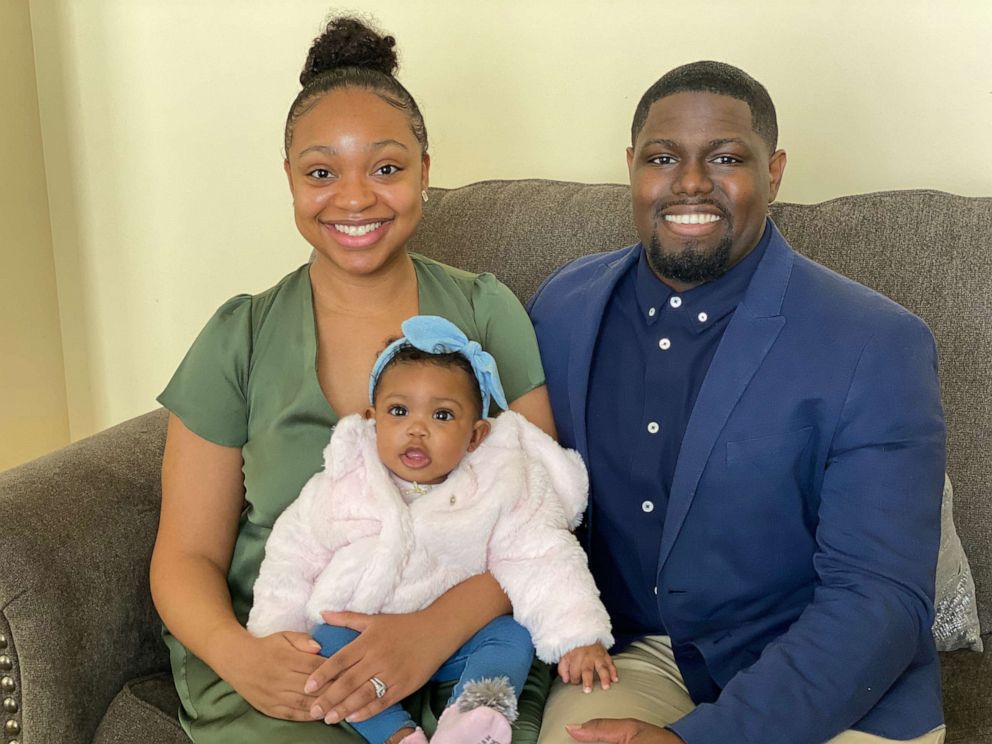
Martin said his collective experience, from attending Hampton University, a historically black university in Virginia, to a predominantly white seminary school in Texas, has braced him to be a bridge between demographics.
"Bridging the gaps between us," Martin added, "that's what my ministry is about."
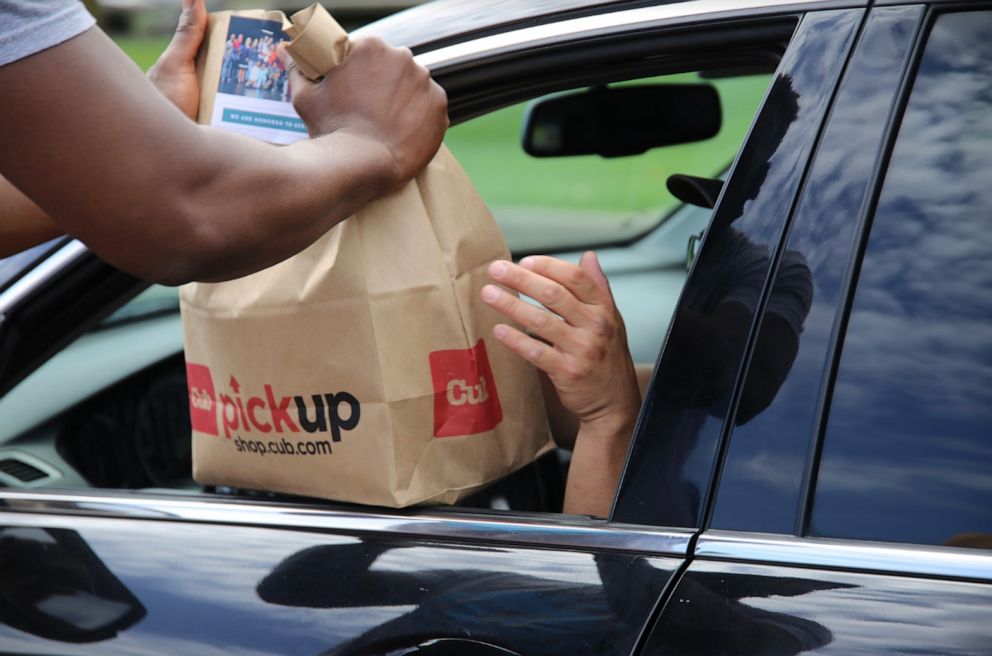
After Trump's comment on Friday came news that the city of Minneapolis voted to ban the use of chokeholds by police and require police to report and intervene anytime they see an unauthorized use of force by a fellow officer.
Martin recognized these as "steps forward," but acknowledged the work ahead.
"I think all of those things are great -- but there's not enough paper, not enough time and not enough words right now," Martin said. "That's what I'm telling my community: You're not going to learn it all in class in the next week or two, and you haven't learned it all in the last 10 days."
Invoking his faith, Martin emphasized: "We've still got a very long way to go."

